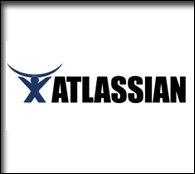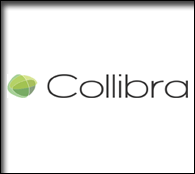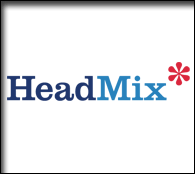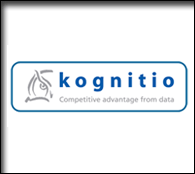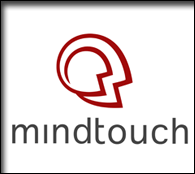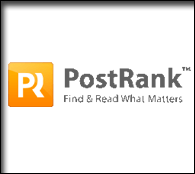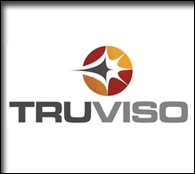Is “trust” about meta-data?
by Eric Norlin on Sep.10, 2008, under defrag "theory"
Daniela Barbosa, who will be speaking at Defrag about “pulling the thread on user data,” has an interesting post up about the recent debacle around United Airline’s stock drop. Essentially, here’s what happened:
“the article in the Sun Sentinel’s archive had no date on it. But when Google’s spider grabbed it, it assigned a current date to the piece, which then resulted in the article being placed in the top results of Google News. When the employee from Income Securities Advisors ran a Google search on “2008 bankruptcies,” the old United Airlines story appeared as the top link in the results, with a September 6, 2024 date on it. (Google has now released a screenshot that shows the UAL story as it appeared on the Sun Sentinel web site. The only date in the screenshot is September 7, 2008, the date Google accessed the page. There is no date under the story’s headline to indicate when it was published.) At 11 am Monday, the employee added the story to a feed that is included in a Bloomberg subscription service and within minutes, 15 million shares of United Airlines stock had been sold before trading on the stock was halted.”
As Daniela goes on to point out, the problem lies in a lack of good meta-data, and then rightfully asserts that “premium” information aggregation services clearly have a place in the world.
The incident and Daniela’s assertion raise something that is really worth thinking about. We’re all getting information (both inside and outside of the enterprise) from an increasing number of sources. And we’re building tools (collaboration platforms, wikis, feed aggregators, flow apps) that aren’t very good at figuring out whether or not a “source” is “authoritative.” It’s that weird realm where identity meets organization meets information. And since we’re all now moving at the speed of bits, getting it wrong is fast, easy and something that gets magnified VERY quickly.
